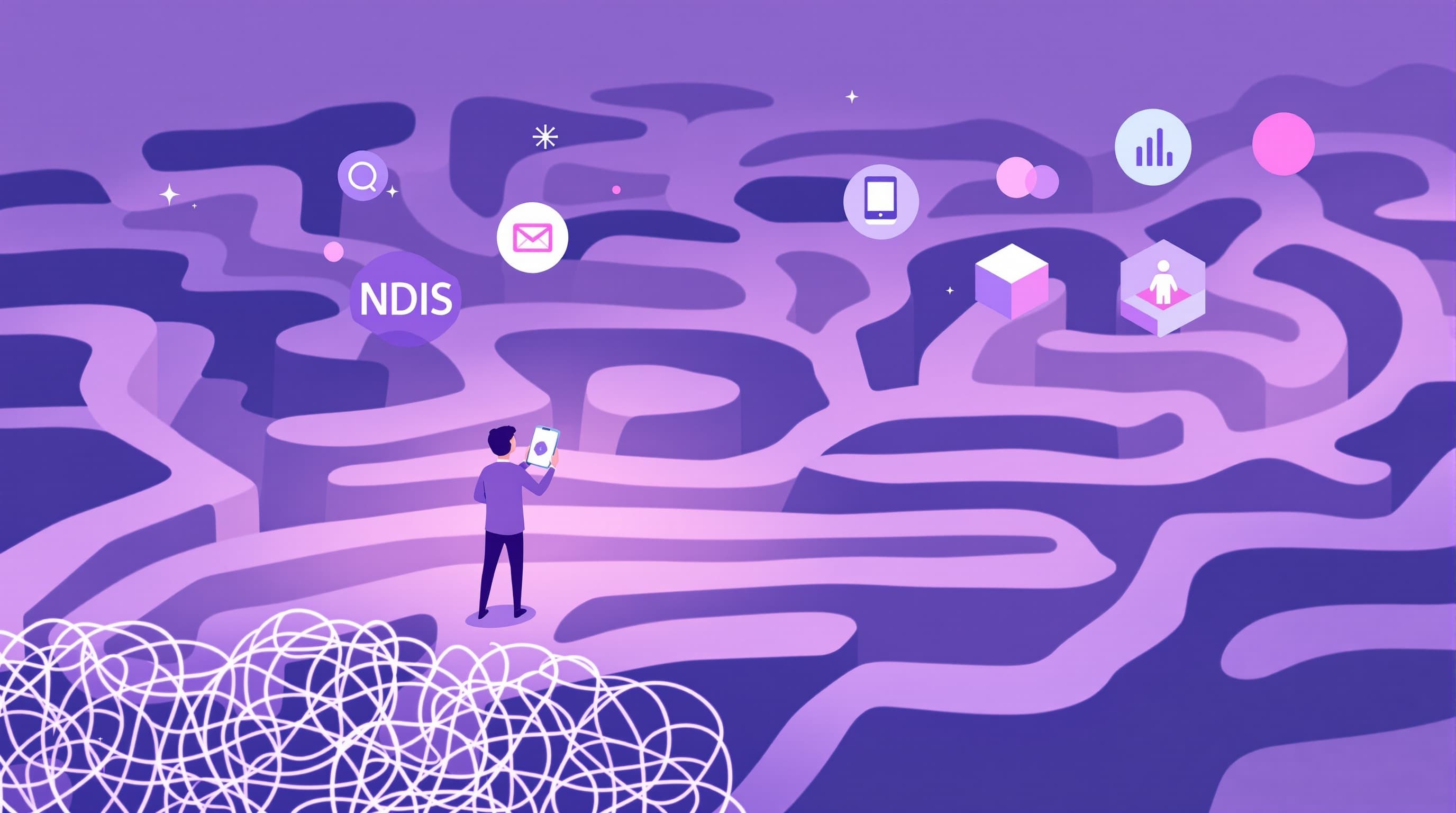NDIS Insight
ndis
Common NDIS Challenges in 2025
Updated 8/26/2025
Explore the key challenges in navigating the NDIS in 2025, including funding pressures, eligibility confusion, and digital transitions.
9 min read

ndis
disability-support
NDIS challenges 2025
NDIS funding issues